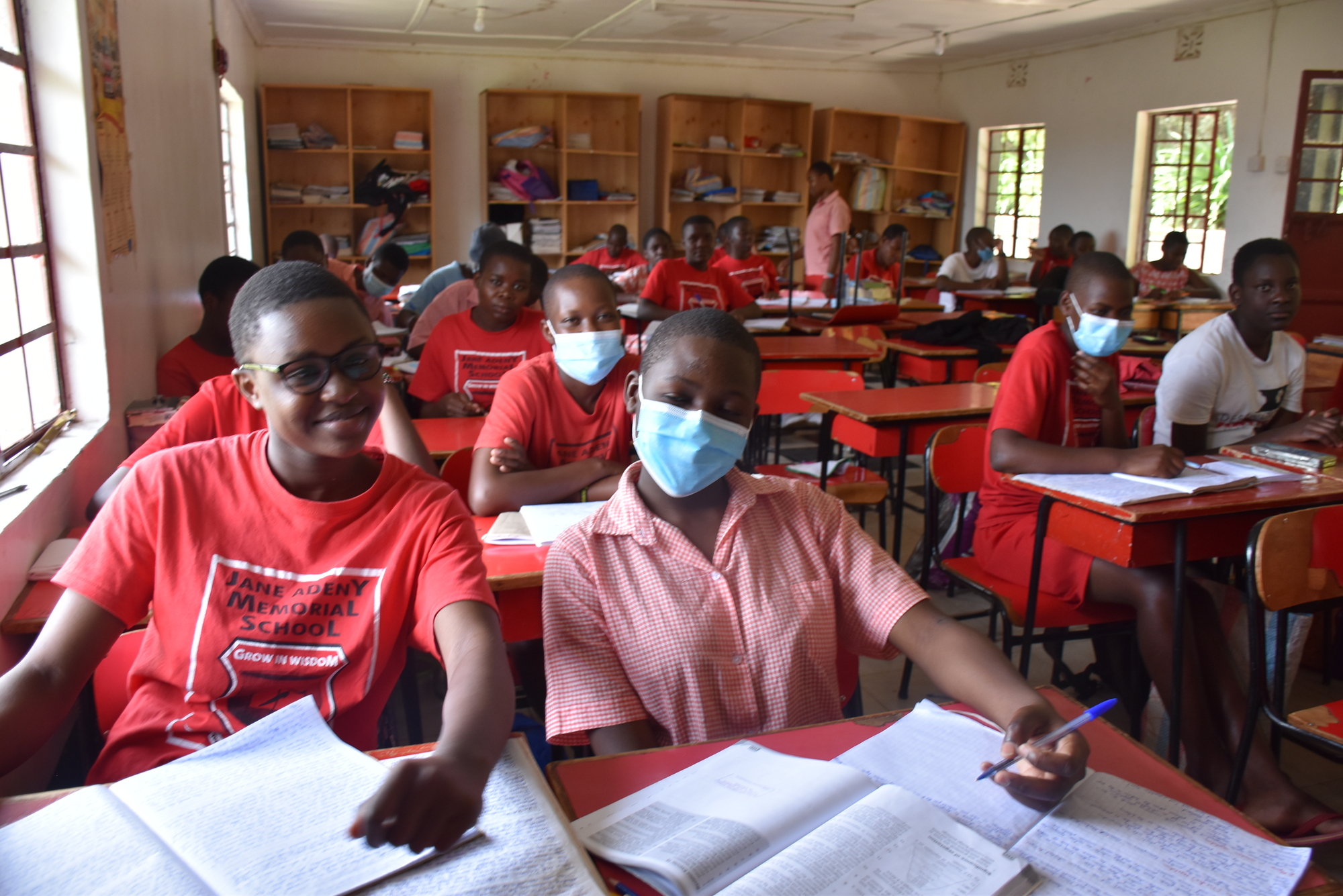
“I will achieve my goals one day and after my education, I would also like to assist the less fortunate in the society for them also to fulfil their dreams.” –JAMS Student, August 2021
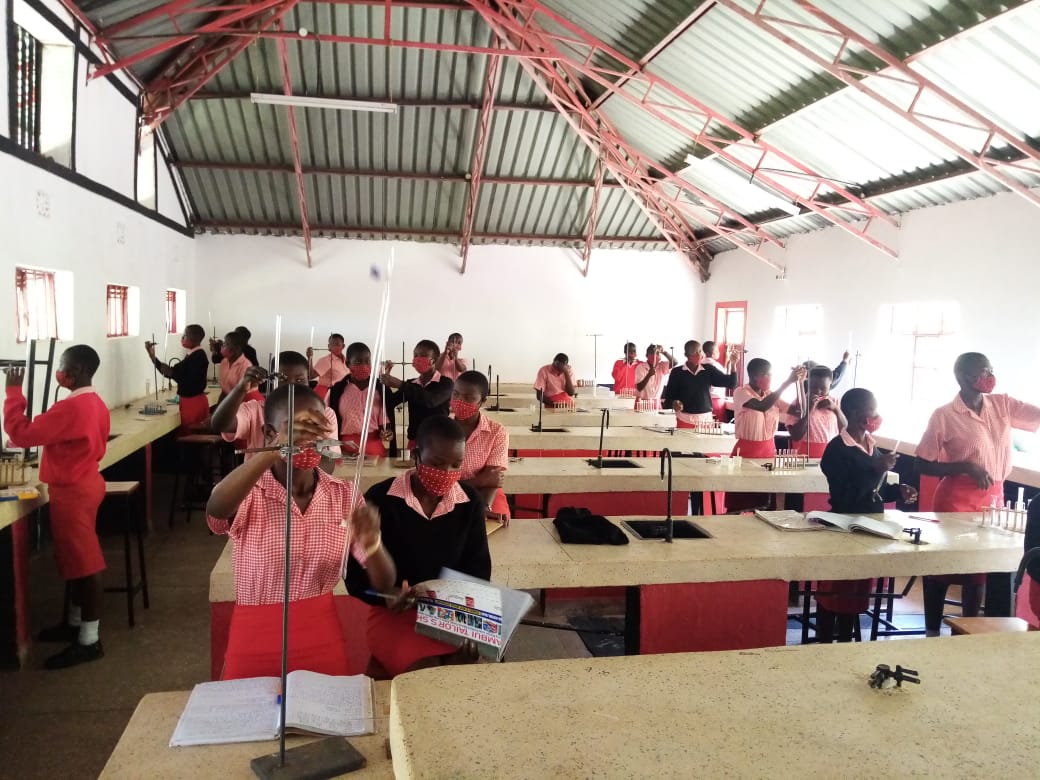
A child cannot choose her home, but a donor can choose to help a child attend school and change her future.
For all its students, JAMS is a life-changing experience. For some, it is a new world.

JAMS selects bright young women from villages and small towns, mostly in western Kenya. Knowing something about the students’ homes helps us understand why JAMS is so inspiring for these bright, ambitious young women.
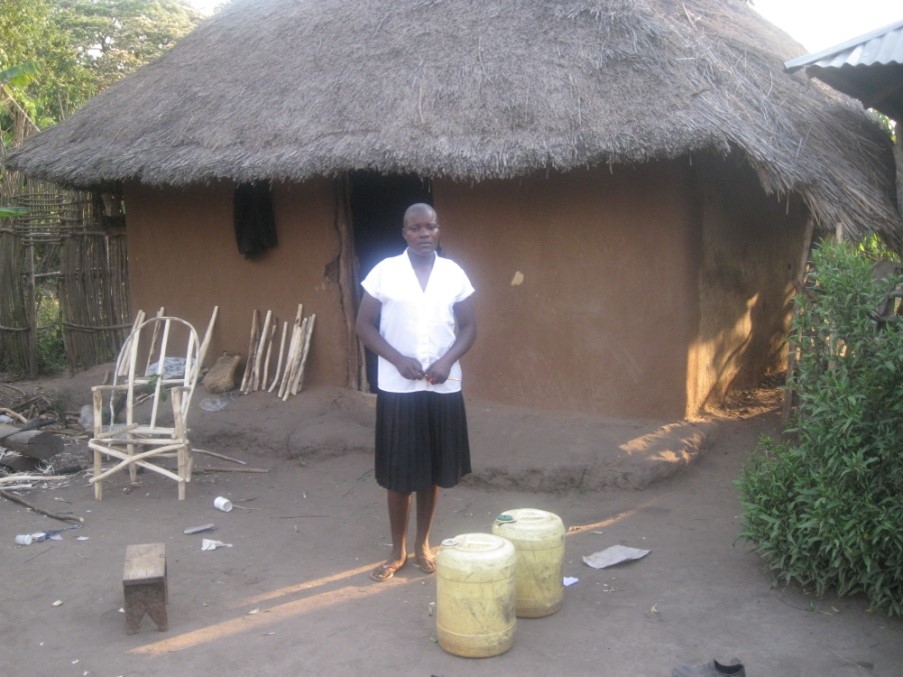
Some JAMS students grow up in tribal villages where they live in grass-thatched huts without running water or electricity. These villages are usually comprised of the extended family of one man and his wives and children, but may also include larger extended families. Each wife has her own house made of sticks, grass, and dung. Goats, sheep, and chickens often live under the same roof with a family. Interior light comes from the doorway. When cooking is done in the center of the hut, there may not be ventilation for the fire, resulting in a smoky environment.
Although cell phones are widely available in Kenya, in the villages it is the chief and sometimes other adults that use cell phones. Access to healthcare is limited. Village children learn the skills needed to provide food, clothing, and shelter, such as herding and caring for animals, working in the shamba (corn fields and vegetable gardens), and fishing.
Some students come from small towns. They live in simple houses, sometimes built of cinder blocks and metal sheeting, with or without electricity and running water. Families in towns are typically engaged in small businesses that provide the goods and services essential to town life. Markets, often outdoors, provide locations for buying, selling, and bartering everything Americans would find in a Walmart, but sold by independent entrepreneurs.
During the pandemic, many small family businesses in these little towns went under, preventing students’ families from continuing to pay tuition at JAMS.
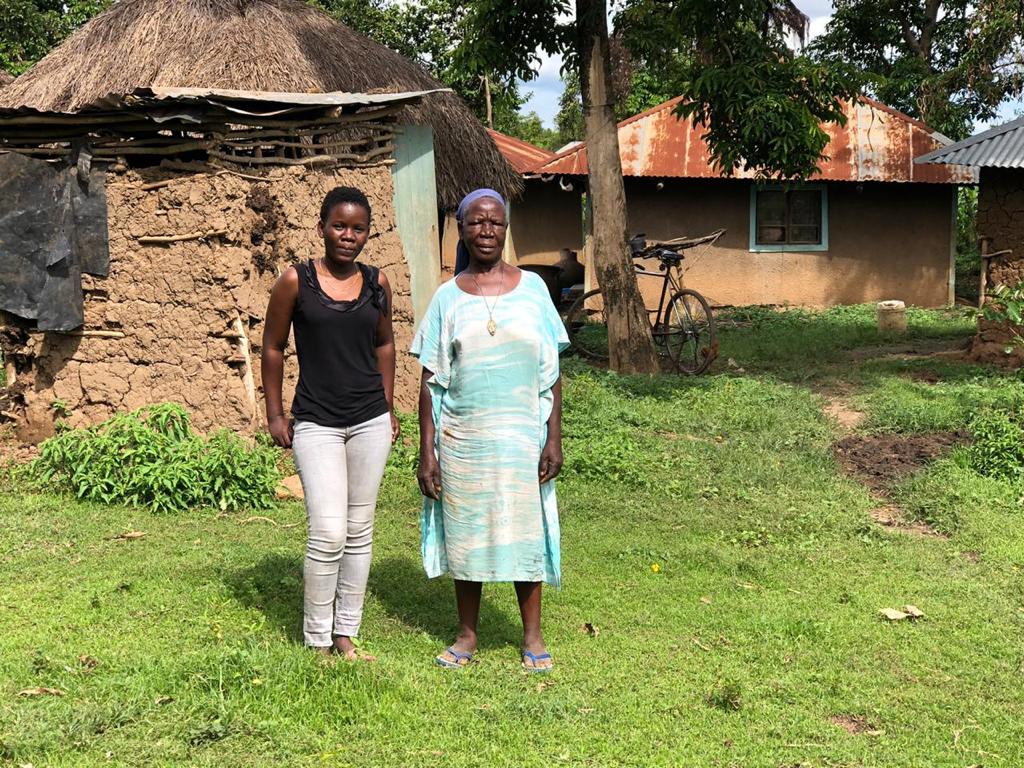
Most Kenyan children attend public primary (elementary) schools, but class sizes range up to 50 or 60 in a room, even for the early elementary grades. Often, up to ten students share one textbook. Public primary schools do not charge tuition but public secondary (high) schools charge for tuition, room and board, and all school supplies. Public high schools are thus not an option for many young people.
JAMS students consistently report that few of the girls they grew up with attend high school, much less graduate or go on to college. Their families work hard, but their agricultural and fishing activities and small businesses do not generate enough income to pay tuition and fees required for high school; when there is some money it usually goes to boys’ education.
In Kenya, girls tend to leave school between ages 12 and 16. To help support their families, they may be sent to work as house cleaners or servants, or they may be married, often to older men, for a bride price that will help the family survive. This is why the scholarships funded by donors to Friends of JAMS are so important!
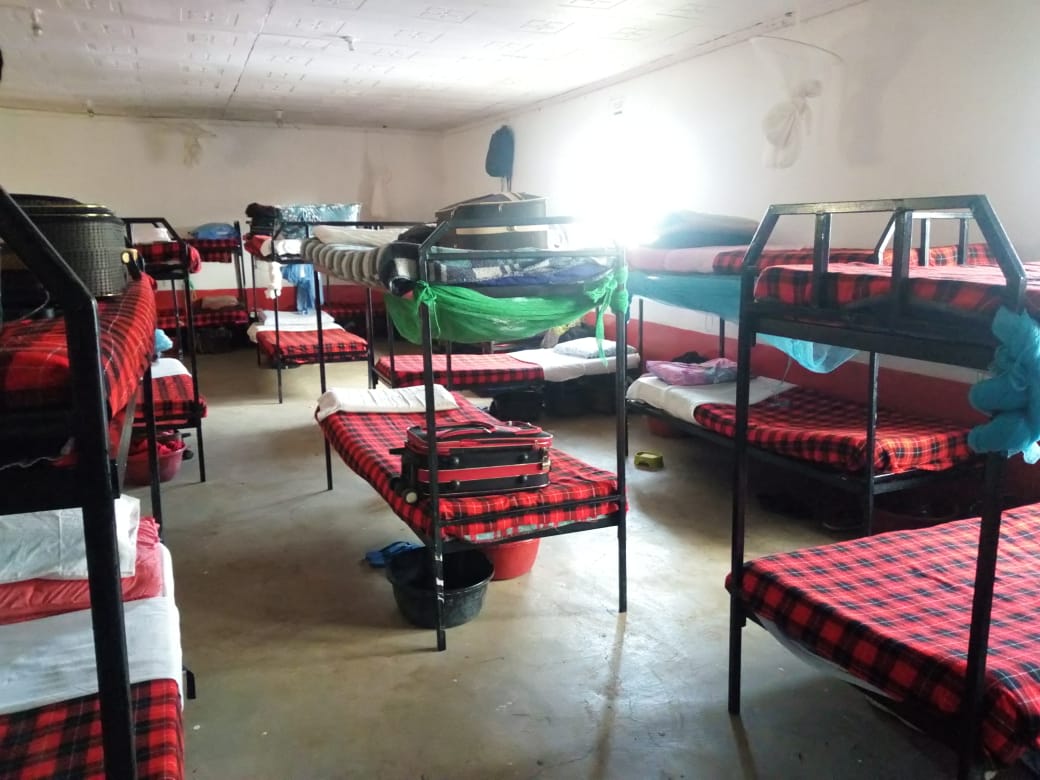
For all its students, JAMS is a life-changing experience. Some have never before slept in separate beds with linens, used toilets and showers, eaten in a dining hall, or learned in a well-equipped classroom. Some do not even get three meals a day at home. For these students, JAMS is a new and different world. New students at JAMS often spend the first several weeks reading storybooks, which they have not seen before at school or at home. Nor were computers available to them.
Students consistently attribute their learning and their adjustment to a dramatically different environment to the personal interest that JAMS teachers take in every student. The students respond by studying hard and achieving high scores on the all-important national exams. Because of their backgrounds, JAMS graduates share a strong sense of their potential to make the world a better place.




Get Social